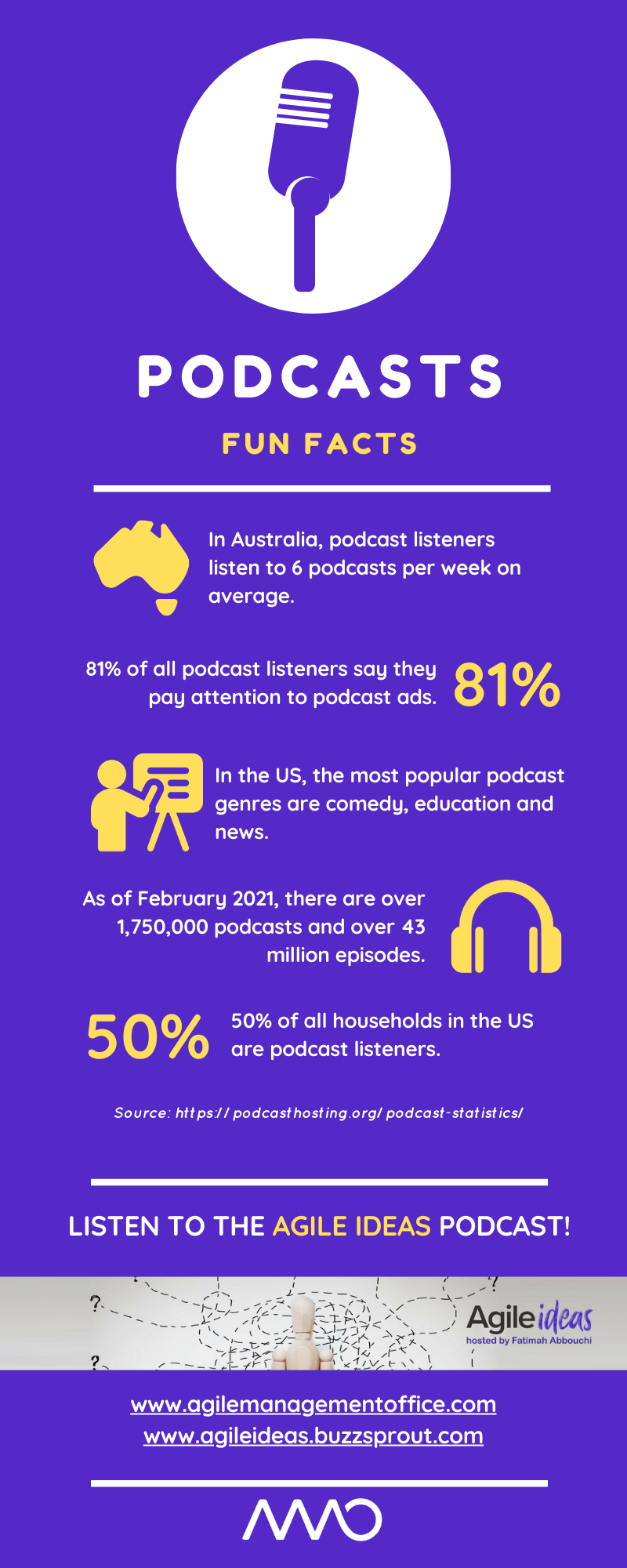So perhaps it is time to start thinking about starting your very own podcast? Podcasts have become one of the most mainstream and popular media forms of access to educational and comedic content. Having started our very own podcast and having hosted many thought leaders over the last few years, here are some of our top tips on how to set up and manage your own podcast.
Before you start:
Think deeply about what you want to cover, what skills you have, and what you enjoy talking about
Think about what you want to specialise in, and what topic you would be able to provide the most value in. Choose a topic that has many different applications and can relate to different topics to allow you to vary your content and make it relatable. Every episode does not have to cover the same topic, but a show will typically have a niche that it focuses on.
Most importantly, choose a topic that you enjoy! Not only will you be more motivated to record your podcast, but listeners are able to hear your passion. Energy and passion are contagious, and if you are excited about your craft, listeners will be more likely to share your interest and want to listen to you.
Think about your name, your intro/outro, and a closing call to action (CTA)
Find a name that captures the spirit of your idea. Then make sure the name is available and register it with iTunes or SoundCloud.
Make the intro and outro engaging. Tell your listeners what will be covered in the podcast and summarise what you have taught them.
Have a CTA that will lead your listeners to your other platforms or keep them listening to the following episodes. This is a way to grow your brand. Just make sure that you keep providing value, as the CTA should just be the little nudge in the right direction.
Find a format and length that you are comfortable with
When starting your podcast, it may be a good idea to keep the episode lengths on the shorter side. One of your main priorities should be to provide high value to your listeners, and until you gain confidence, you want to avoid stretching out your episodes if you think their content might not get return listeners.
This is also another way to build trust with your listeners and to make your content more digestible. A podcast listener is more likely to spend more time listening to your podcast once they have gotten to know you and build loyalty to your, which is you.
While you are recording:
Find a way to record/edit podcasts
“Unedited” is a common option that can build authenticity and is easier to deal with.
Find a software to use to record your episodes. “Anchor.fm” is a popular choice for beginners.
The more podcasts you make, the more opportunity there is to automate your recording process and will help you save time and streamline your processes.
Also, publish your episodes on various platforms, such as SoundCloud, iTunes, Spotify, and YouTube. Make it easy for your listeners to access it.
Invest in good equipment
Get a high-quality microphone and find a room to record in with good acoustics. If you are just starting out, you can use one that comes with your headphones as long as the audio is clear and easy to listen to. You can even record in cupboards, or use a pillow fortress!
In the age of digital media, marketing, and technology, making your content look slick and easy to use is now an expectation. If you have the time and resources, try to make your podcast as professional as possible.
Try to keep consistency with episode releases.
Each show will have a different product schedule. Aim for a minimum of one episode a week. However, do not be too hard on yourself if you fall short of this; many of us struggle with weekly episodes.
Optimising your podcast:
Register your domain name.
Once you are up and running, register the domain name so that you can develop your platform and start driving brand recognition.
Do not give up
It can take time to get noticed, keep persistent and showcase your passion so that you stay motivated long enough to break out. Once it is published, start sharing your work. If the content is great, people will refer others, but you must get the ball rolling. Your motivation may lull, but if you do not keep going, then you will not succeed.
Network
Find people through social media, blogs, and other podcasts. Do not be afraid to reach out to other creators to ask questions.
Once you get the ball rolling and listeners hear you have credibility, start recruiting guests that can share your interest areas and whose work you can share to enhance the value you and they are providing. You will see your network and viewership grow!

Check out our Agile Ideas podcast here!
